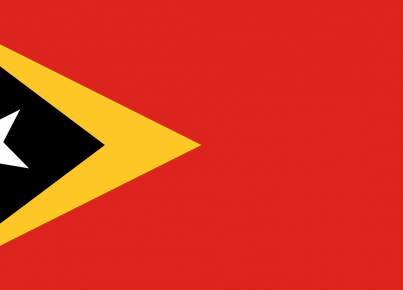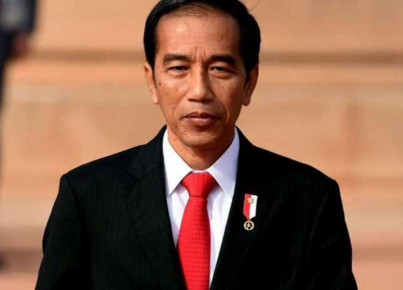How the world’s largest archipelago is dealing with the pandemic
On July 1st, Indonesia ranked as the country with the highest number of Covid-19 cases in ASEAN, with more than 55,000 confirmed cases. The most impacted city is the capital Jakarta, which is also one of the most populated cities in South-East Asia. Compared to its neighboring partners, the country opted for a different approach to address the pandemic. With the aim of keeping the nation’s economic activities afloat, the central government decided not to impose a lockdown policy, opting to apply a ‘large-scale social restriction’ instead.
Three months after the implementation of this plan, several provinces in Indonesia – Jakarta included – started to ease some social restriction measures. Workplaces, educational institutions, worship places, and public transportation, are gradually reopening, despite still adhering to a strict health protocol. If a new cluster of infection will break out, an ‘emergency brake’ policy will be put in place to stop the reopening of these places.
Although the government did not apply a nationwide lockdown, the country’s economy has not been immune to the economic side-effects of the pandemic. According to Statistics Indonesia (BPS), in the first quarter of 2020, Indonesia’s GDP grew only by 3%, the lowest record since 2001. However, based on the forecast conducted by the Economist Intelligence Unit, Indonesia is one of the three G20 countries – alongside China and India – that is not expected to go through an economic recession this year, with a projected GDP growth of 0.2%.
Currently, the government has put forward a total of 677.2 trillion rupiah (equivalent to 42.7 billion euro) as part of the national economic recovery program. This program will be essential in supporting the healthcare sector, increasing the coverage of social protection schemes, expanding unemployment benefits, and providing tax incentives as well as credit for businesses. Indonesia is also maintaining strong bilateral and multilateral relations in the effort to face the ongoing crisis, not only within ASEAN countries but also with other actors such as China, Japan and South Korea. Hence, if the global markets regain momentum in 2021, Indonesia might return on its growth trajectory: a GDP increase of 5%, according to a report from the Asian Development Bank.
Despite the uncertain times that Indonesia – and the entire world – are experiencing, the government is doing its utmost to reboot the economy. The challenges the country is facing are demanding but the dynamism of the Indonesian economy could prove to be successful in overcoming these difficult times. It will be crucial for Indonesia to invest in its youth and the growing digital sector to turn the crisis into a new phase of development.
Article edited by Rizka Diandra






